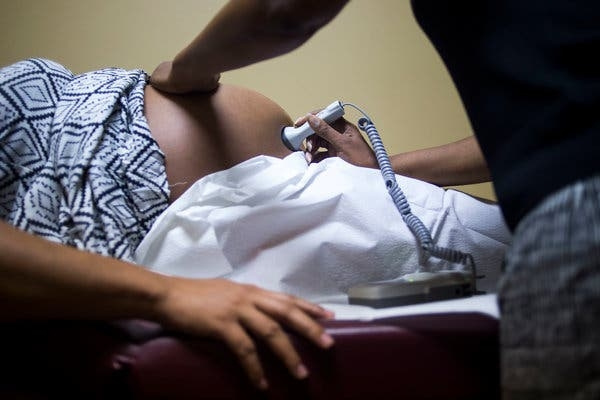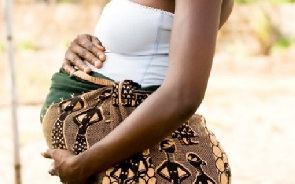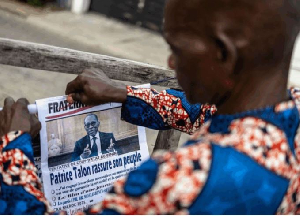Nana Ama Baidoo, a 32-year-old woman in Accra, has spent most of her time planning to ensure that her pregnancy does not become a statistic in the child and maternal mortality crisis in Ghana.
But as the coronavirus pandemic spirals in the city, all her plans have suddenly been thrown into disarray.
Ama recounts, to GhanaWeb, her joy when she and her husband saw those two pink lines on the pregnancy test back in September 2019.
“I have been married for eight years and we have been trying all those years to have children. I have endured two miscarriages in our quest to have a child. We were overly excited when I found out that I was pregnant last year. It was, literally, a dream come true.”
But with about four weeks to delivery, Ama says her unadulterated joy has turned to be more like a nightmare.
“I am due to give birth at the height of the coronavirus pandemic. Will I be required to wear a mask during labour? The country’s positive cases keep going high. These coronavirus patients are sharing the same health facilities and health personnel who help us in the hospitals.”
The idea of being at the hospital surrounded by coughing patients with some health workers wearing items like bandanas due to inadequate personal protective equipment is something Ama wants to avoid at all costs.
“I was really scared just to go to the hospital because for pregnant women it is very risky getting the virus,” she said.
“I cancelled my check-ups at the Ridge Hospital because of the risk of being exposed.”

Now, Ama tells GhanaWeb that giving birth at home seems to be the best option for her. Luckily, she found an available midwife to help her with that when the time comes.
“The question is no longer ‘Will I be a good enough mother?’ but ‘Will I be able to ensure my baby is healthy and protected? I’m not alone with those fears. Pregnant people around the country are struggling with uncertainty,” she adds.
With all the uncertainties, it is no wonder pregnant women are anxious.
“Pregnant women are extremely vulnerable," Celestine Yayra Dudey, a midwife at the Community 22 polyclinic in Ashaiman told GhanaWeb.
She notes that fear is likely to drive pregnant women away from health centres because of the scary news that keeps making rounds in our various neighbourhoods.
In the face of COVID-19, Celestine says antenatal visits reduced drastically during the lockdown of some parts of the country, especially the city centres.
“Antenatal attendants decreased, they reduced heavily because of the lockdown and also fear that pregnant women are immunocompromised making them have a high risk of catching the virus.”

She noted that even though “delivery processes have not been different”, hospitals are beefing up safety precautions to protect both mothers and babies from the virus.
“Some pregnant women come to the hospital at the height of their delivery. Some pregnant women come in with the baby’s head in between their legs. Even when mothers come in unprotected, health workers at the maternity wards are adequately clad in Personal Protective Equipment to shield mothers and babies at the maternity unit. Mothers at delivery are made to wear masks so even when they shout or spit, their fluids are trapped in the mask,” she said.
She added that home births are likely to see a spike in the country has the growing cases of the pandemic has pregnant women rethinking hospital births.
At first, the news around pregnancy and coronavirus seemed promising. But the Centre for Disease Control (CDC) say that related coronaviruses related complications such as SARS-CoV and MERS-CoV have caused pregnancy loss, including miscarriage and stillbirth.

It was initially thought that babies were not at much risk from coronavirus. However, the USA has reported of a 1-day-old infant dying from coronavirus-related complications as well as the death of a 6-week-old baby who tested positive for the virus.
Obviously, there is much we are yet to know about the virus, and that can be frightening.
General News of Thursday, 7 May 2020
Source: www.ghanaweb.com













